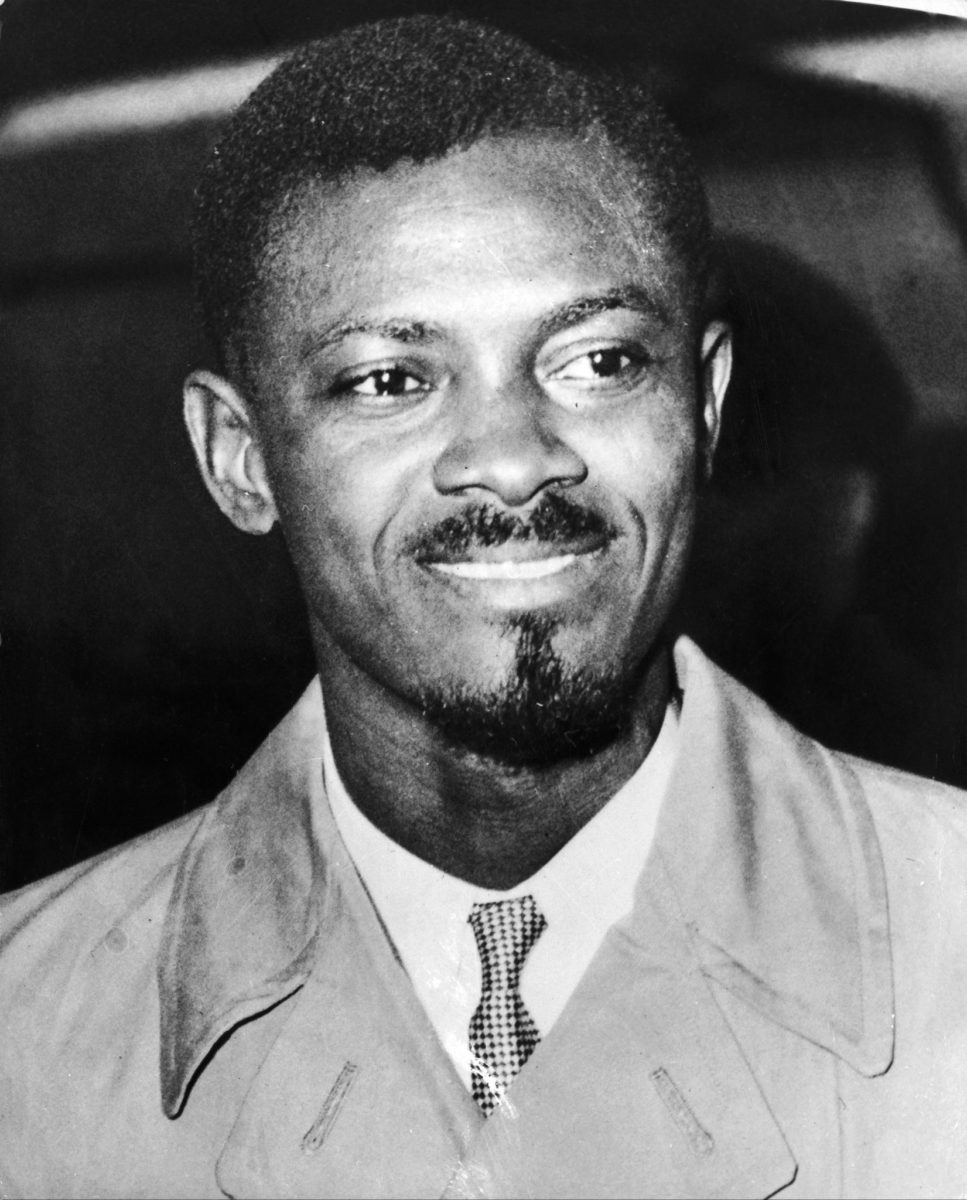Fifty five years on and the Democratic Republic of Congo (DRC) is still haunted by the violent death of Patrice Lumumba. The first elected leader of the country came to one of the saddest ends of any leader in Africa in a tortured nation that has found peace elusive. His death; the agony of being beaten and paraded before television cameras, before being dismembered to oblivion in the bush, mirrors the intense suffering of his country.
A pan-Africanist to the core, Lumumba’s dream was a united Africa. A move that smacked of the Soviets, according to jittery foreign affairs officials at the height of the Cold War, in Washington, Brussels and London.
“We have known the atrocious sufferings of those who were imprisoned for their political opinions or religious beliefs and of those exiled in their own country. Their fate was worse than death itself. Who will forget the rifle-fire from which so many of our brothers perished, or the gaols in to which were brutally thrown those who did not want to submit to a regime of justice, oppression and exploitation which were the means the colonialists employed to dominate us?” read part of Lumumba’s famous Independence Day speech that was to prove his death warrant by convincing people in power that he should be removed.
“Had he lived, much of the violence that we see on the continent could have been prevented; and could probably have ushered in greater economic success and stability as economic liberalists would argue. Lumumba was not alone in this thinking during this period. Others who were leading this African union were: Milton Obote from Uganda, Jomo Kenyatta from Kenya, Julius Nyerere from Tanzania and Kwame Nkrumah from Ghana,” says Wendy Isaacs-Martin, the Acting Head of the Archie Mafeje Research Institute at the University of South Africa.
His death is regarded by the Belgian author, Ludo De Witte, as the most important assassination of the 20th century. After his death, the DRC descended into division and war.
Loading...
“I ask you all to sink your tribal quarrels: they weaken us and may cause us to be despised abroad,” Lumumba foretold in his inauguration speech.
Many accuse the American and Belgian governments for his death, but it is likely a lot more complex that. One factor is uranium from the country’s mines that was used to manufacture the first atomic weapons used on Hiroshima and Nagasaki. The US and certain European countries would not trust such strategic raw materials to someone who was leaning towards the Soviets.
Isaacs-Martin says Lumumba stands as the icon of the intellectual potential Africa possessed in post-independence years.
“Like many of his peers he represented an intellectual discourse that saw the need to create social cohesion within the continent and a national identity within their particular countries,” she says.
“He also represents something that is often forgotten in our current understanding of Africa during the Cold War. In the eventual legacy of failed and successful coups that has plagued Africa, Lumumba, in being deposed and then killed four months later, represented the epitome of Africa’s potential and how the continent was essentially robbed from establishing itself in a post-colonial and bi-polar period.”
Lumumba’s assassination was one of many: Amilcar Cabral (Guinea); Felix Moumie (Cameroon); Sylvanus Olympio (Togo).
“Their assassinations marked the beginning of demise in effective political leadership and eroded the potential foundations for African philosophical, sociological and political thought. Instead there has been a trend to support the coercive wing into political leadership that continues to prove ineffective but in the interests of existing (or potentially new) political elites and external stakeholders,” says Isaacs-Martin.
“The tensions between regional leaders that continue today represent an inability of Africans to see beyond their limited identities that have often been externally prescribed and exploited. Yet it was these very concerns that individuals such as Lumumba advocated against, focusing on advancing Africa beyond the limited thinking of resource extraction and authoritarian exploitative administrative systems.”
Lumumba’s body was never found; neither was another leader like him.
Loading...
